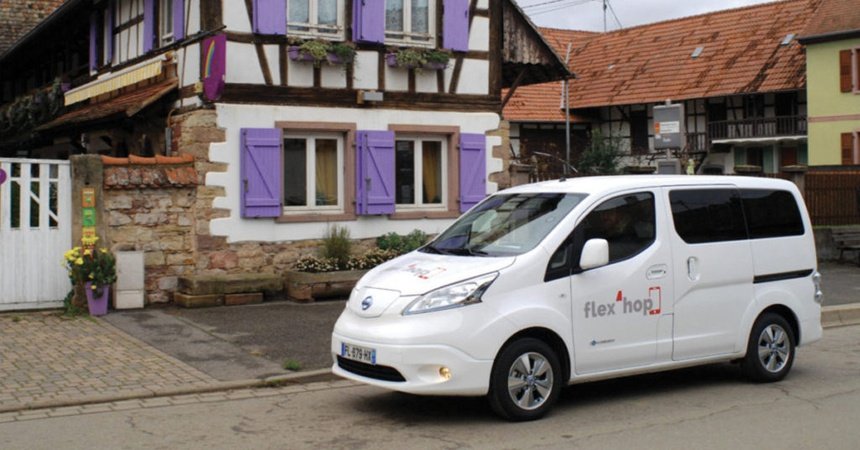Passenger vehicle operation in the UK is an obstacle course of regulations - can we do anything to smooth the way for flexible transport?
Read moreSmart Transport Issue 10 - Bus Strategy and MaaS Regulation
The May 2021 issue has two articles from Beate, looking at the deliverability of the National Bus Strategy and examining the barriers to MaaS thrown up by the UK’s commercial and regulatory landscape.
Read moreDRT: transport jobs vs gig economy?
The Bus Strategy regularly refers to demand responsive transport ensuring that the network runs in areas and at times where there are fewer passengers. Considering that DRT can be provided through private hire licensing or bus operator regulation, now is the time to think about how much of our network is provided through regular employment (with the safety framework it entails) and how much heavy lifting is done by gig economy workers.
Read moreNational. Bus. Strategy.
There are a number of interesting and exciting things about Bus Back Better, the National Bus Strategy for England.
The first thing that is important about the National Bus Strategy is that it is a strategy – it emphasises the strategic importance of buses for achieving national goals from net zero to economic recovery and doesn’t hold back on their potential. It’s a manifesto for change which starts by setting out exactly how the bus system (if you can call it a system) fails passengers, and how, in failing passengers it fails communities, both urban and rural.
Many of the failings are down to the deregulated marketplace for bus services, which actively prevents bus operators from cooperating by law. This is exacerbated by the industry’s siege mentality, focusing on attempts to maintain market share and shore up passenger numbers in a (seemingly) dwindling market. There also a disconnect between ‘for profit’ mass transport corridors and routes in low density areas which require subsidies from an ever-shrinking pot in order to run at all.
The net impact is that services (in general) have reduced in frequency, run over smaller areas and increased in cost. They are both less useful to the travelling public and less compelling as a transport option. Without reliability in frequency, coverage and price, the bus has become less relevant.
The second significant aspect of the Strategy is that it compels local authorities and bus operators to work together. Where the Bus Services Act of 2017 had begun to roll back some of the deregulation of the 1980s through measures including mandating data sharing, encouraging partnership and no longer completely banning franchising, the National Bus Strategy expects to see operators and Local Authorities working together in Enhanced Partnerships and to actively look at the potential for franchising. It makes Enhanced Partnerships a minimum condition for the receipt of future Bus Service Operators Grants. Until now, Transport Authorities considering franchising have done so whilst under threat of legal action by operators. The sea change is likely to reduce these kind of cross-winds for authorities seeking better control of network planning.
And the third is the way in which it highlights financial support for buses, through investment and ongoing support. This includes infrastructure (like priority bus lanes) and zero emission vehicles, plus technology (which would enable fare capping and integration in Mobility as a Service). It also explicitly looks at the ongoing support for the industry being related to ensuring a strategic bus network – high frequency services in urban areas and reliable coverage – including, potentially, on-demand – services in less dense rural areas.
These three elements could represent a major shift in bus provision with the potential to really change the trajectory of bus travel.
Guest blog: Schoolkids, smart cards and bus cuts
Photo by Flickr user Firstbusphotos, Creative Commons licence
Antony de Heveningham examines the reasons for cuts to local bus services, and comes up with a novel culprit.
Read moreComments on the Transport for the North Strategic Transport Plan
Whilst the desire to upgrade and enhance the rail offer for the North is welcome and not before time, along with an emphasis on simplified and best value ticketing, I fear that insufficient attention has been paid to the potential for behaviour change, active travel, transport data and novel forms of transport to make an impact on the plans for the road network, which potentially renders them inappropriate or irrelevant.
Read more



